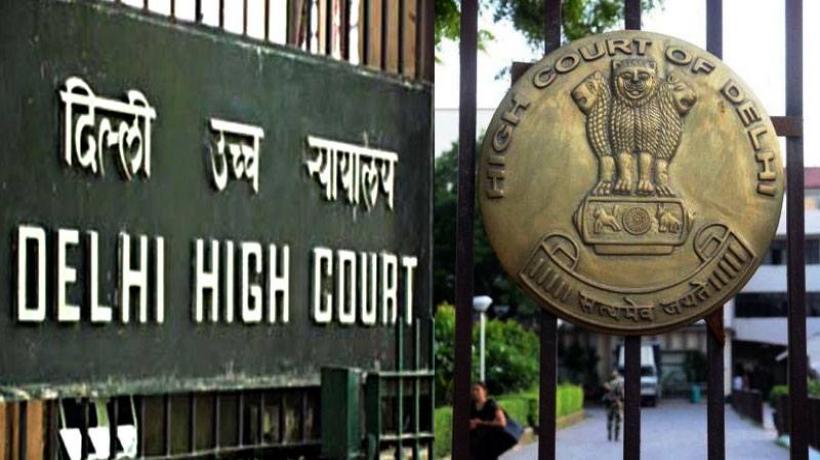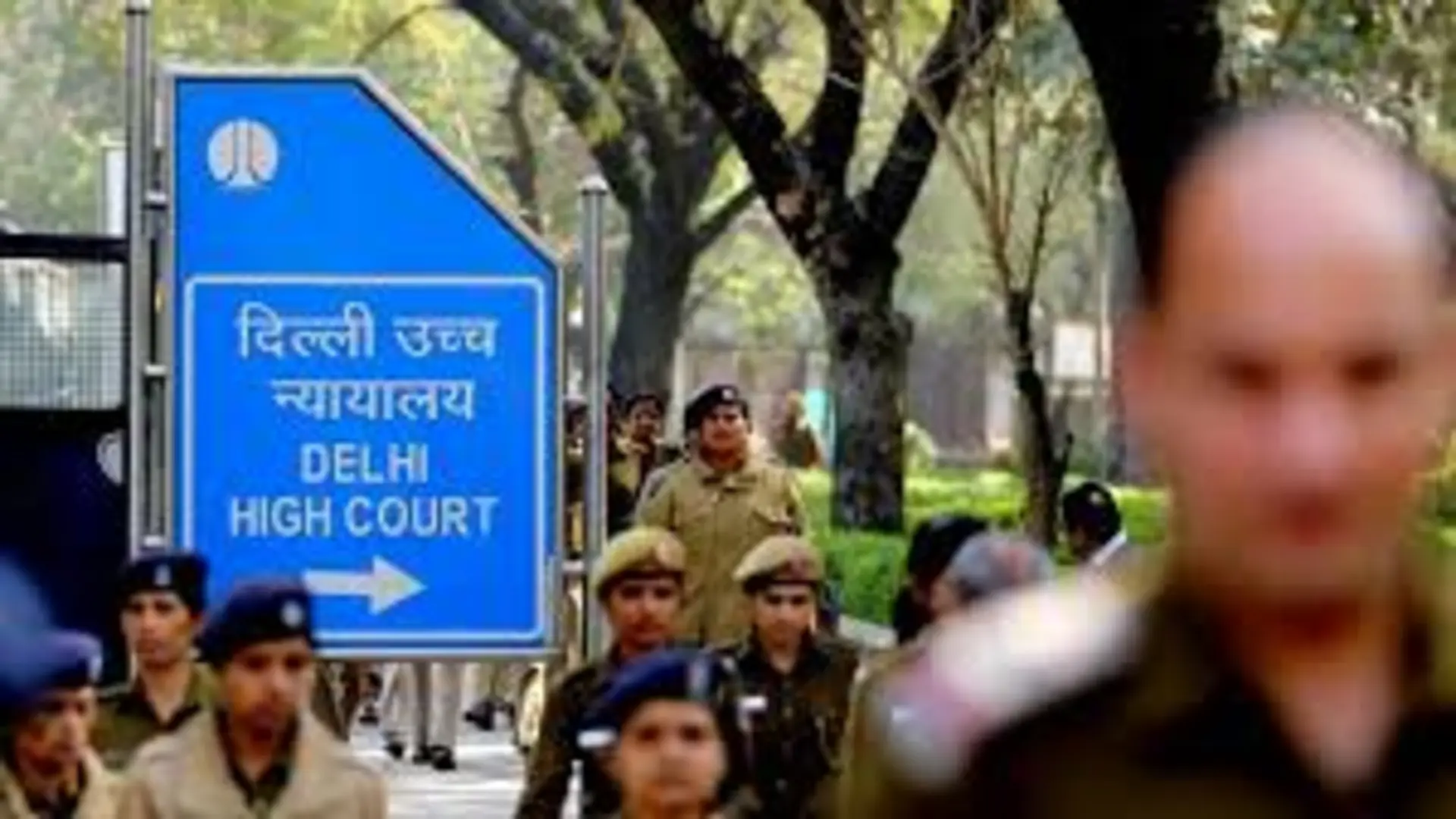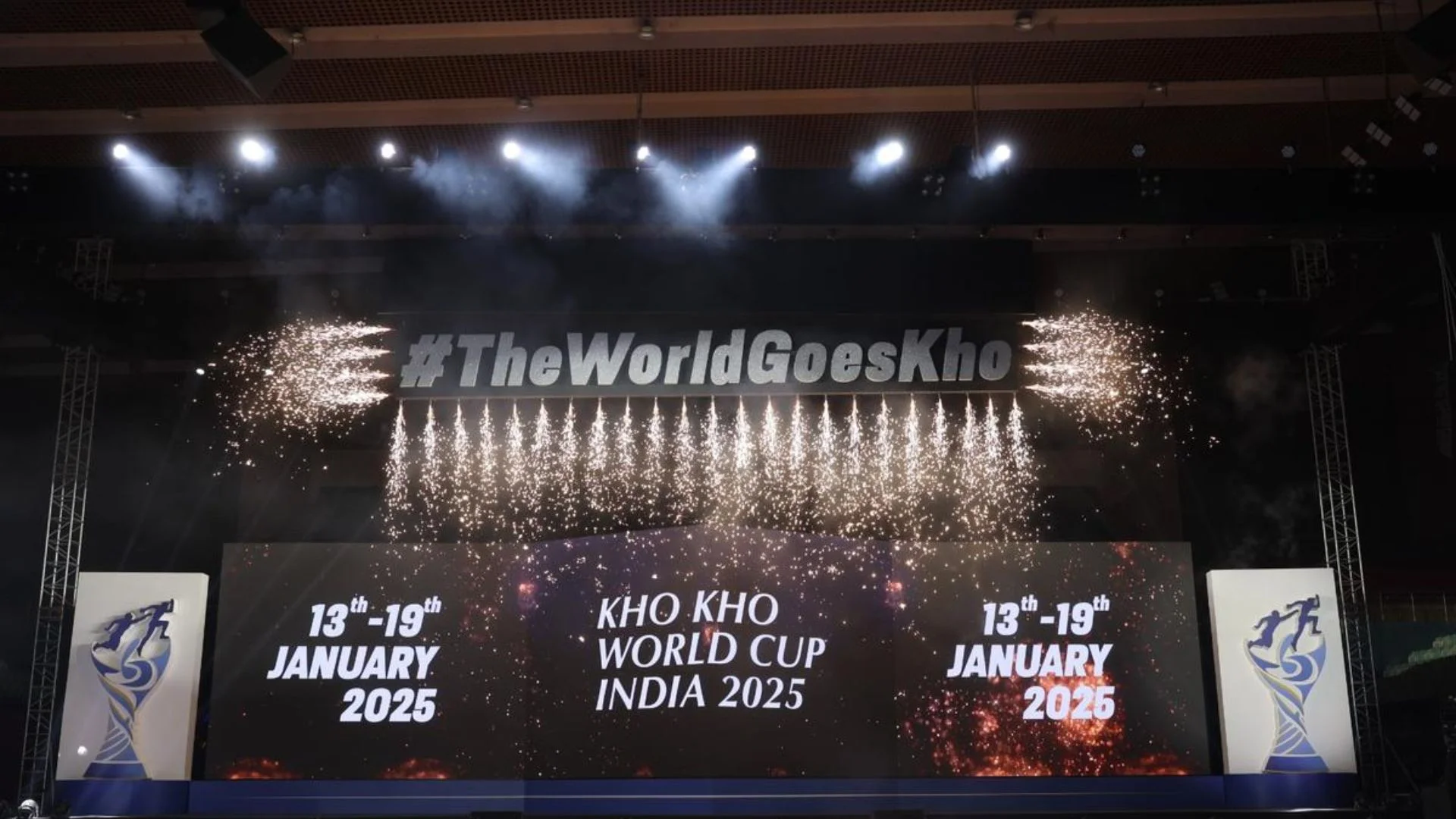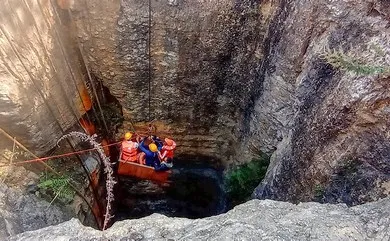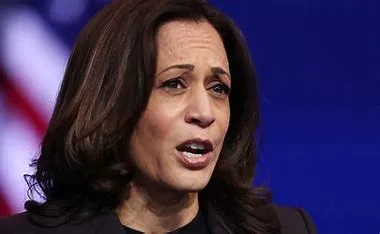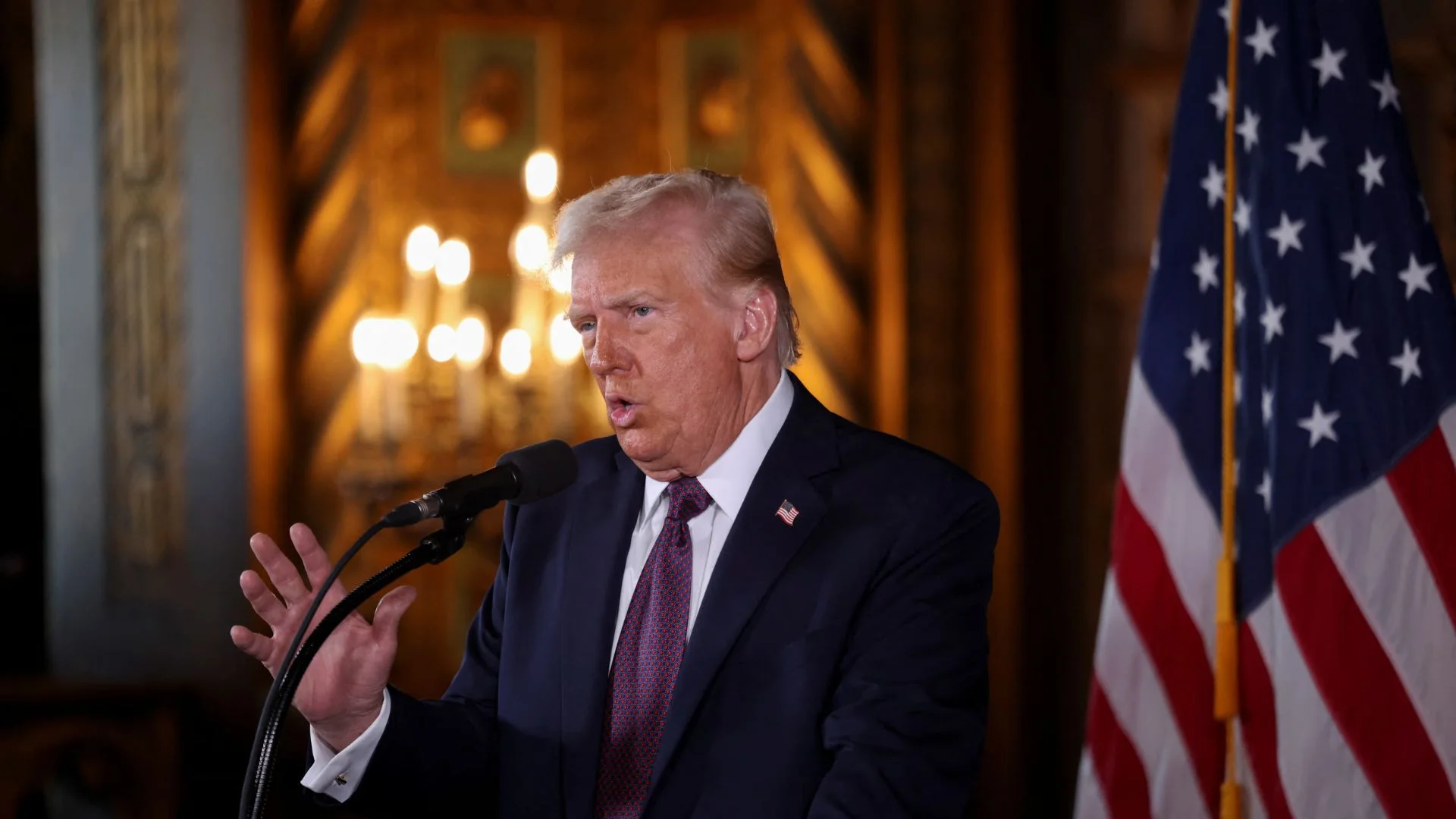The Delhi High Court in the case Iqbal Singh v. Naresh Kumar observed and has extended the time period for the completion of arbitral proceedings, despite observing that there being inordinate delay in the completion of arbitral proceedings, on the ground that the proceedings, though protracted and has reached the advance stated.
The bench headed by Sachin Datta in the case observed while dealing with an application moved under Section 29A(4) of the A&C Act, extended the mandate of the arbitral tribunal despite acknowledging the substantial delay and petitioner’s laxity by absorbing that the proceedings initiated were at the advanced stage and if the mandate is not extended, the entire time which is consumed would be rendered futile.
Facts of the Case:
The petitioner moved the plea under section 29A(4) wherein seeking an extension for completing arbitration proceedings.
The arbitration proceedings initiated in July 2020, led to an award in 2013, later set aside, with multiple arbitrators appointed due to challenges.
The arbitrator June 2022 declared no further proceedings after June 2022 without a court-ordered extension.
Therefore, the petitioner filed the current plea in April 2023, wherein citing the personal reasons for the delay.
The petitioner made the following submissions:
The petitioner argued that section 29A did not retroactively apply, citing pre-2015 commencement of arbitration.
It was submitted that the proceedings were initiated at the stage of recording claimant’s evidence.
The court while explaining the delay, attributed it to settlement talks, health-related travel, and oversight in filing for an extension.
The respondent made the following counter-submissions:
While opposing the further extensions, noting substantial delays and a pending dispute since 2010.
The petitioner in the plea highlighted the prolonged periods for filing Section 29A petitions.
The court also referred to the judgement of the Bombay High Court wherein the court emphasized the undesirability of extending mandates in protracted proceedings.
The court Analysis and Conclusions:
The court in the case observed and has rejected the arguments of petitioners, while asserting the section 29A applicability post-2025.
The court in the case observed and has extended the time period for the completion of arbitral proceedings, despite observing that there was inordinate delay in the completion of arbitral proceedings, on the ground that the proceedings, though protracted, has reached advance stage.
It has also been urged by the said court that the arbitrator to conclude within the extended timeframe, with the order refraining from expressing opinions on case merits.
The counsel, Advocates Mr. Aditya Bakshi, Mr. Utsav Garg and Mr. Pushkar Khanna appeared for the Petitioner. The counsel, Advocates Mr. Anurag Ojha, Mr. Gautam Barnwal represented the respondent.

